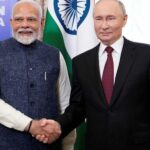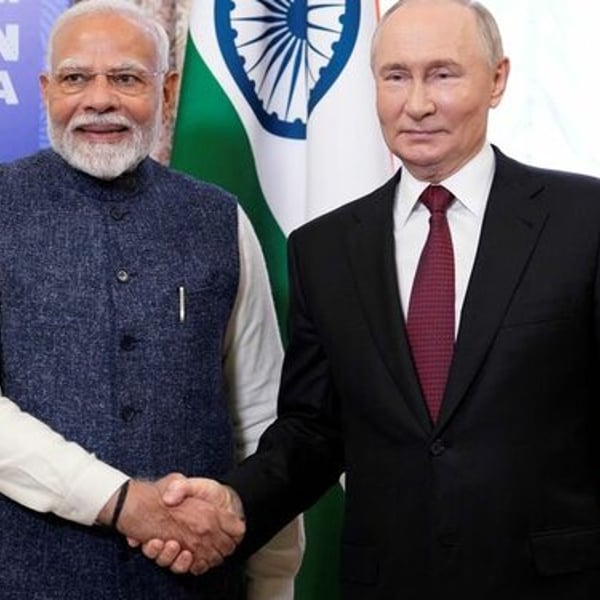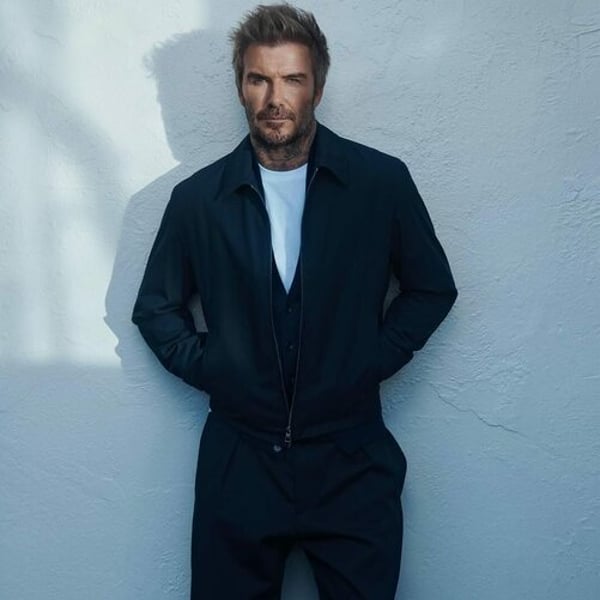By
Bloomberg
Published
August 5, 2025
The two-minute video isn’t subtle. Wielding a medieval halberd, the president of the conservative Swiss People’s Party lays out the choice Switzerland faces: a simpler life that the country’s founders spelled out in a one-page declaration more than 700 years ago or a 2,000 page treaty with the European Union.

It’s a choice between “freedom and serfdom,” Marcel Dettling says before tossing the treaty documents onto a bonfire.
The trouble for Dettling and Switzerland’s other EU naysayers is that the alternative vision of a nimble nation trading freely with the rest of the world isn’t looking so good anymore. On the day the video was released — Aug. 1, Switzerland’s national day — the White House delivered a bombshell by announcing the country would face tariffs of 39% on all exports to the US, among the highest anywhere in the world.
President Karin Keller-Sutter is traveling to Washington on Tuesday as she and her colleagues race to get Donald Trump to reconsider. They don’t have much time, with the levies due to kick in on Thursday.
Helene Budliger-Artieda, one of the chief negotiators for Switzerland, held a phone call with business representatives on Monday. She told them that Switzerland’s main goal is to get the overall tariff number down, but didn’t reveal any potential concessions it might make, according to people briefed on the call.
Budliger also received a clear message from businesses: there’s no substitute for the US market.
While the Swiss try to figure out how to deal with Trump and the US, the episode has cast a new light on the country’s relationship with the EU. That’s long been a divisive issue, with arguments about trade and economic benefits clashing with concern about immigration and sovereignty.
For the pro-EU voices, the chaotic back and forth with the US will give them fresh reason to push the benefits of ties with the bloc, particularly as it secured a far better 15% rate.
“This will undoubtedly strengthen the camp of those who argue that Switzerland needs to move closer to the EU,” said Rene Schwok, a professor of political science at the University of Geneva. “Their argument is that the EU is a much more reliable partner than the US and China.”
Keller-Sutter and her officials had expressed confidence right up until late last week that they’d secured a far better deal with the US. But it all fell apart at the end during a phone call with Trump. Critics say she didn’t have anything to offer and came unprepared to the negotiation table.
The US president sees his country’s 39 billion dollar trade deficit with Switzerland as tantamount to theft, and didn’t appreciate being told otherwise by Keller-Sutter.
“I don’t believe that the US is a reliable partner under this presidency,” Andri Silberschmidt, a Liberal lawmaker and member of Keller-Sutter’s party, told Bloomberg. “As a small nation, we are dependent on reliable partners who abide by agreements.”
Switzerland is in the midst of a separate debate on an agreement with the EU that it hammered out late last year and is due to go to a national vote. In a survey – conducted before Trump’s self-declared Liberation Day announcement on tariffs — 47% of Swiss respondents were in favour, while 35% were against it.
To be sure, Switzerland’s low unemployment, low inflation economy is robust enough that it could withstand the 39% tariff hit. If pharmaceutical exports were included at the unchanged rate, this would translate to a hit of at least 0.7-percentage point hit to the economy, according to Hans Gersbach at KOF economic research institute in Zurich.
If drug exports were excluded, the hit would be between 0.3 and 0.6 percentage points. That would be a harsh blow but not enough to tip the economy into recession.
Still, that would jeopardise “tens of thousands of jobs” in key manufacturing industries, said Stefan Brupbacher, director of trade group Swissmem.
However Keller-Sutter’s last-minute bid in Washington works out, the lesson for Switzerland is that it needs to realise it’s not in the same league as the US, China or the EU but a small player.
This may push the Swiss to reconsider the advantages of “splendid isolation,” Kirkegaard said.
“When the elephants are dancing, the mice get trampled and that’s a little bit of what’s happened here.”










